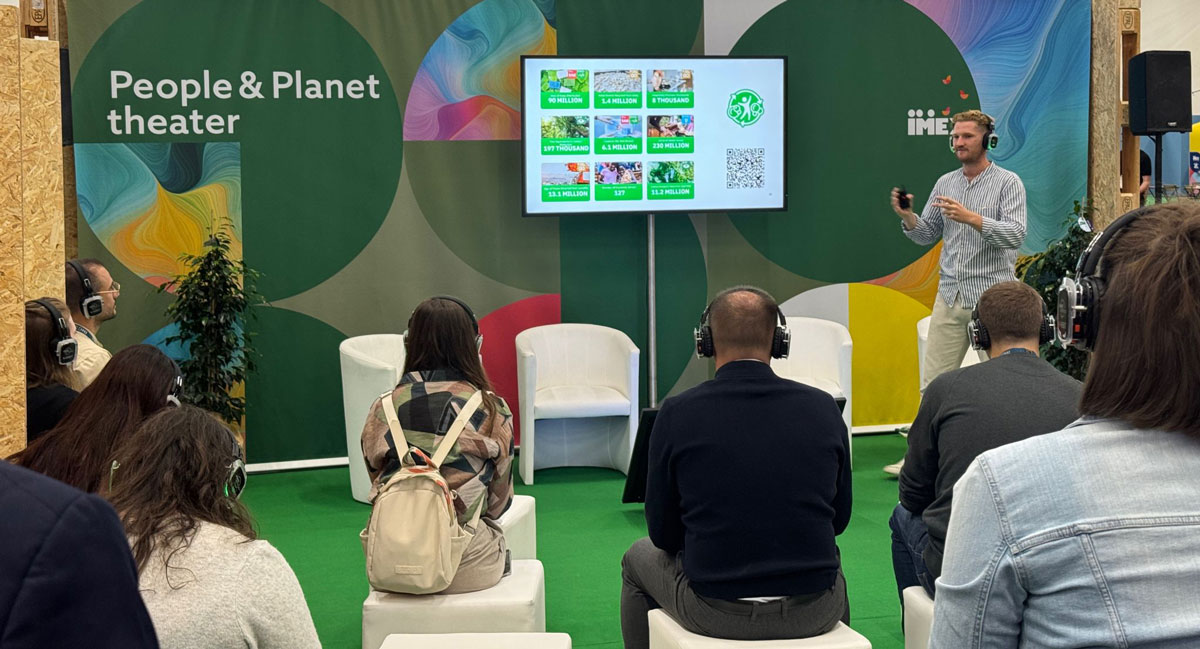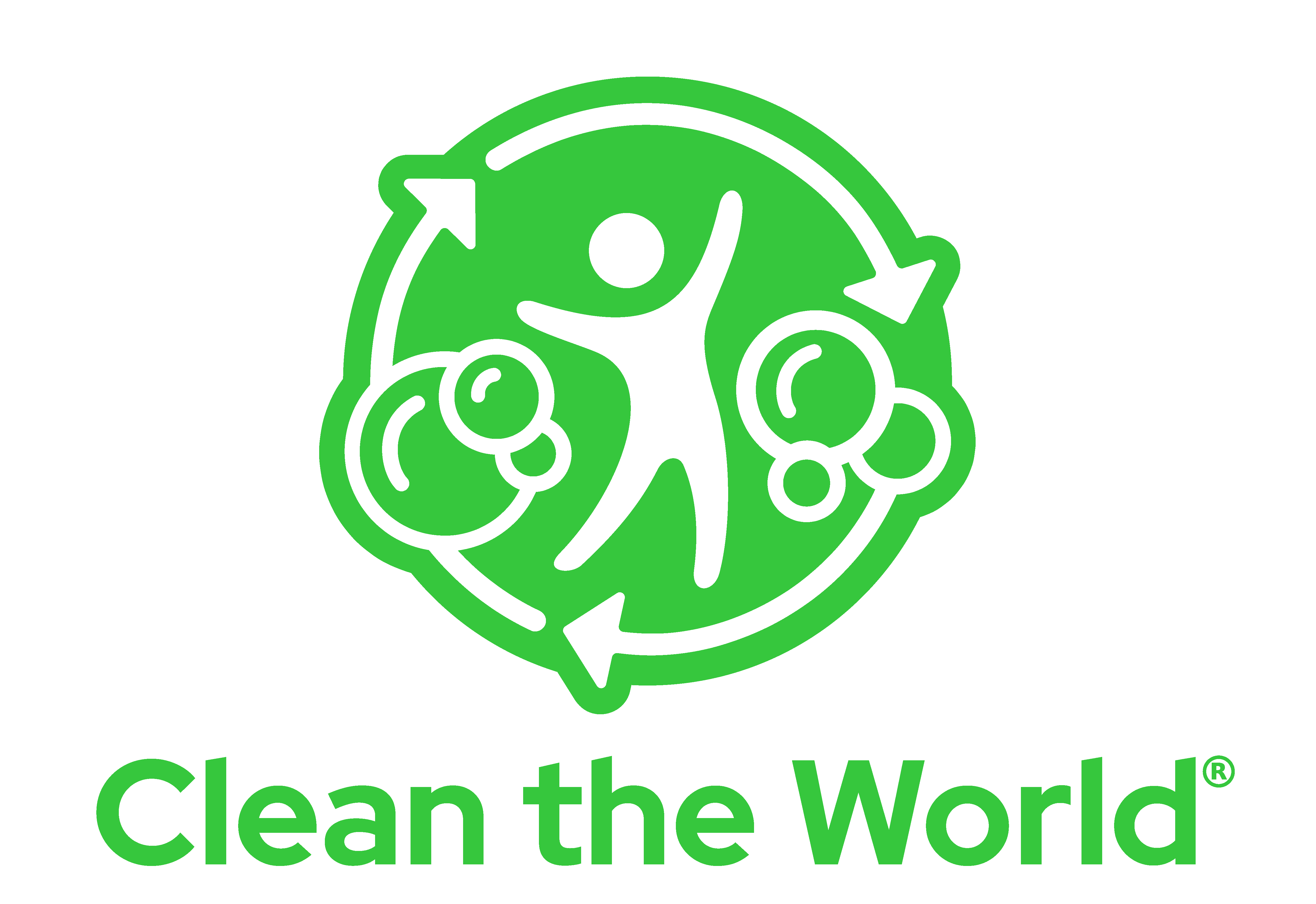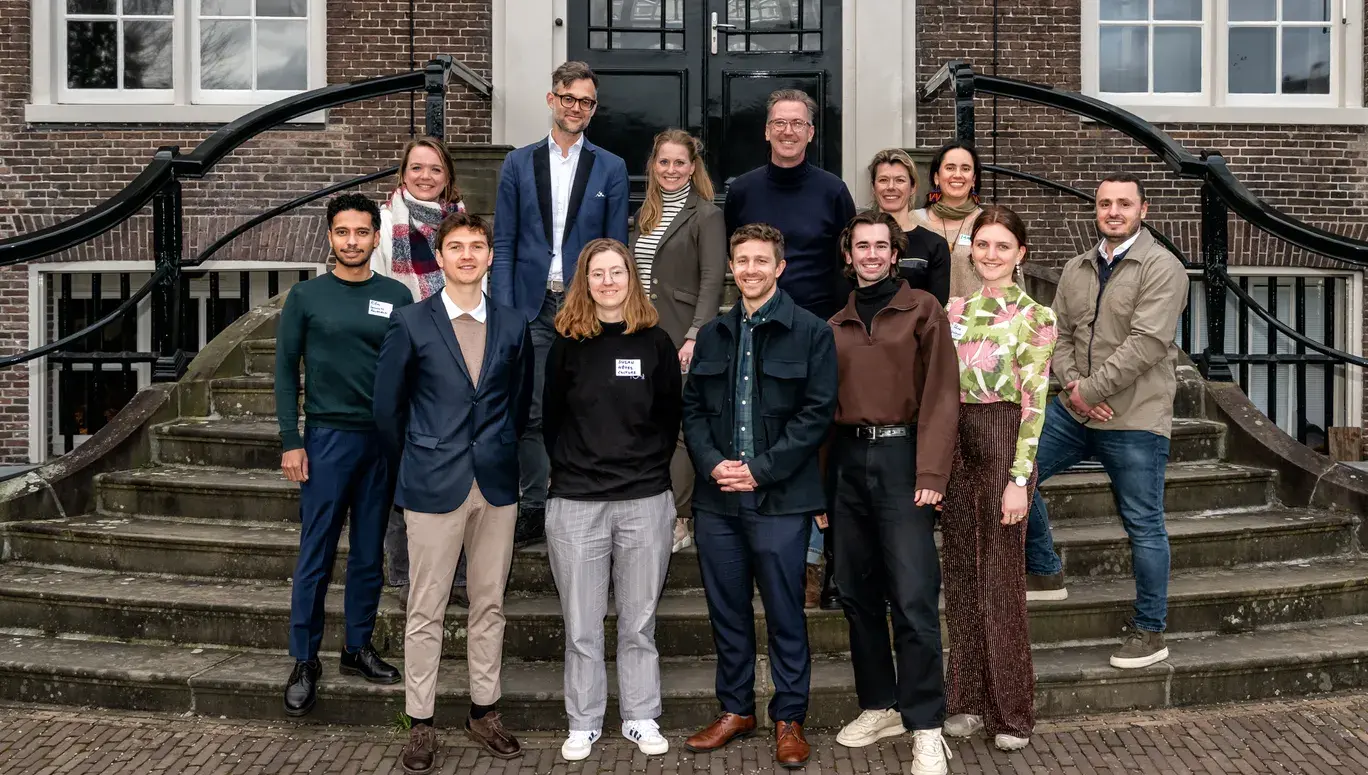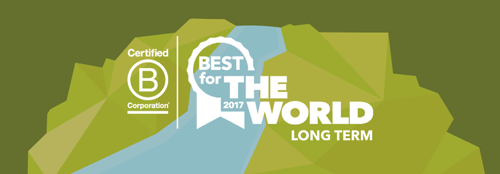As the European Union (EU) pushes forward with ambitious goals to reduce plastic waste and promote a circular economy, the responsibility for enacting and implementing these policies falls on member states. However, the true success of these initiatives depends not only on governmental commitment but also on the active involvement of local industries, businesses, and change-makers.
Overview of EU Policies
The EU’s circular economy action plan sets out key areas to support broader EU Green Deal objectives. Key policy areas include:
- Chemicals
- Circular economy
- Circular economy at the global level
- Industry
- Plastics
- Sustainable development
- Waste and recycling
Within the plastics policy area, there are critical directives including the Single-Use Plastics Directive (2019/904) which bans certain single-use plastic products like small amenities used in hotels by 2030.
Within the waste and recycling policy area, the Packaging and Packaging Waste Directive (PPWD) pushes for more harmonised Extended Producer Responsibility (EPR) – an approach designed to shift the responsibility for products from municipalities and consumers to producers. Schemes across member states are included.
With these emerging measures, it is crucial for local industries to align with these regulations and support their implementation through partnerships, innovation, and community engagement, underscoring and highlighting sustainable development goal 17 – partnerships for the goals.
The role of change-makers – those who are driving innovation in waste management, sustainability, and recycling – is more significant than ever. Whether it’s through conscious businesses, local governments, or global organisations, change-makers are essential in creating the momentum needed to tackle the plastic crisis and meet EU sustainability targets. As the EU’s waste and recycling policies unfold, collaboration at the local level can create powerful synergies that advance environmental goals.
One notable example of such collaboration is the city of Amsterdam, which has been leading the way through its Impact Deals. These deals, launched in 2022 by Amsterdam Impact, the city’s impact entrepreneurship programme, focus on building partnerships between the city’s government and local businesses to drive sustainability and circular economy practices. Clean the World, a leader in recycling soap and plastic amenities within the hospitality industry, has been an integral part of this initiative.

Amsterdam’s Impact Deal and Continued Sustainability Efforts
The Impact Deal between Clean the World and the City of Amsterdam is a prime example of how local businesses can align with EU sustainability policies and contribute directly to supporting these objectives. For example, by partnering with Clean the World, hotels in Amsterdam commit to reducing the environmental impact of their operations through the recycling of soap and plastic amenities, as well as supporting social causes, with Clean the World recycling hotel soap which is distributed to communities in need around the world as well as well as providing opportunities for employment within the City. You can read a case study of a hotel in Amsterdam’s impact on Clean the World’s hospitality recycling programme here.
Clean the World has set an ambitious target to onboard 50% of Amsterdam’s hotel rooms into its hospitality recycling program by 2026. This initiative is vital for helping Amsterdam achieve its waste reduction goals, particularly in the hospitality industry, which represents a significant portion of the city’s total annual waste. Hotels are key players in this effort, and their active participation is essential for reducing waste and advancing the city’s sustainability agenda.
Amsterdam’s success with Clean the World’s Impact Deal serves as a model for other cities and regions to follow. It highlights the importance of local industry participation in achieving EU sustainability goals and the power of partnerships in driving the circular economy (a system where materials never become waste and nature is regenerated). Through cooperation with local businesses and NGOs, cities like Amsterdam are paving the way for wider adoption of sustainability practices.
| EU Program | Year | Target | Local Role |
|---|---|---|---|
| Green Deal | 2050 | Climate neutral EU | Policy + funding guidance |
| Renewable Energy Directive | 2030 | 42.5% renewables | Installation by SMEs & municipalities |
Why More Partnerships are Crucial
As Amsterdam demonstrates, partnerships between municipalities and local businesses are pivotal for implementing sustainability goals set out by the EU. For member states to achieve these goals, collaboration with local industries like hospitality is vital, especially given that industries such as tourism and hospitality contribute significantly to plastic waste and overall environmental impact. More partnerships like those between Clean the World and Amsterdam’s hotels are crucial in helping cities across Europe meet the EU’s ambitious waste and plastic recycling targets as part of the EU green deal.
By supporting the hospitality industry and embedding sustainable practices into everyday operations, Amsterdam is taking significant steps toward a circular economy while helping support hotels and businesses to align with EU policies on plastic and packaging waste. These collaborations are essential to the long-term success and sustainability of the EU’s recycling initiatives and can serve as a blueprint for other member states aiming to meet the sustainability challenges of the future.
For further information on the EU policies referenced, visit:
- EU Green Deal
- EU Circular Economy Action Plan
- Focuses on sustainable product design, promoting circularity, and reducing waste, including plastic recycling.
- Details on the Circular Economy Action Plan
- EU Plastics Strategy
- Aims to transform the plastics economy, focusing on reducing marine litter, greenhouse gas emissions, and dependence on fossil fuels.
- Includes initiatives on single-use plastics, biodegradable plastics, and microplastics.
- Overview of the Plastics Strategy
- Targets marine litter by banning certain single-use plastic items and setting reduction targets for others.
- Learn more about the Directive
- Packaging and Packaging Waste Directive
- Sets rules for packaging waste reduction and includes measures to make all packaging recyclable by 2030.
- More about this directive
- Microplastics Regulation
- Aims to reduce the release of microplastics into the environment by addressing their production, use, and disposal.
- Details on microplastics initiatives
- Waste Framework Directive
- Establishes principles for waste prevention, recycling, and management across the EU.
- Directive information
Frequently Asked Questions
What is the EU Green Deal?
The EU Green Deal is a comprehensive plan launched in 2019 to make the European Union climate-neutral by 2050, with goals spanning clean energy, circular economy, and biodiversity protection.
How do local industries help achieve EU sustainability goals?
Local industries contribute by adopting greener manufacturing, improving energy efficiency, and aligning with the EU’s Renewable Energy Directive and carbon-reduction targets.
What is the Fit for 55 package?
Fit for 55 is a legislative package by the European Commission aimed at reducing greenhouse gas emissions by 55% by 2030 compared to 1990 levels.
Further information:
Clean the World
MAKE THE WORLD A BETTER PLACE.
Clean the World, an affiliate of Clean the World Global, is a global leader in environmental and social impact solutions, which aims to make the world a better place by diverting soap bars and plastic amenities that the hospitality industry would otherwise discard from landfills and recycling the soap into new bars. By doing so, Clean the World helps reduce pollution, save water and decrease the carbon footprint of thousands of hotels globally, while helping improve the lives of women, children, and communities globally by donating new soap bars to global NGOs, such as The WASH Foundation.
With over 8,300 participants in its Global Hospitality Recycling Program, and more than 1.4 million hotel rooms processed daily, Clean the World has already diverted over 27.9 million pounds of waste from landfills and donated over 86.3 million bars of recycled soap since its inception in 2009.
To learn more about Clean the World and its global impact, please visit https://cleantheworld.org.
Media Contact: Austin Eaton, Head of Marketing, Clean the World Europe and UK






